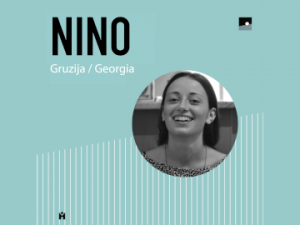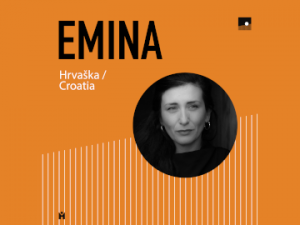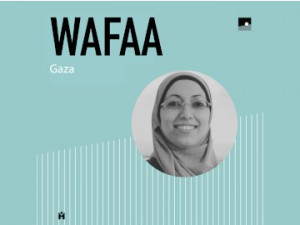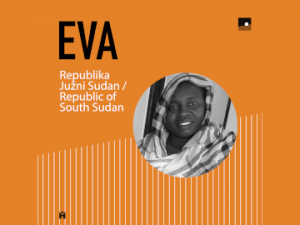Living Peace 2: Letters of Wars and Peace
30. 12. 2024 | Politics
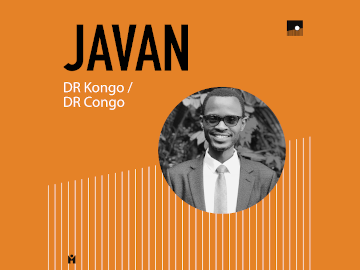
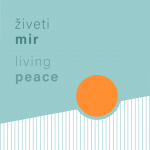 At the end of 2022, we at the Peace Institute, started organizing a series of public events entitled Thinking Peace as a response to the multitude of armed conflicts around the world. Since the world has been spiralling into dangerous global militarization, we wanted to rethink what is war, what is peace, and more importantly how to ensure a stable peace which would not be quickly engulfed in new conflicts and wars.
At the end of 2022, we at the Peace Institute, started organizing a series of public events entitled Thinking Peace as a response to the multitude of armed conflicts around the world. Since the world has been spiralling into dangerous global militarization, we wanted to rethink what is war, what is peace, and more importantly how to ensure a stable peace which would not be quickly engulfed in new conflicts and wars.
We want to expand on the Thinking Peace cycle and add new dimensions to imagining peace. With the help of amazing individuals worldwide, we are beginning a new series of public letters written by people whose lives were interrupted by war or who found themselves in a recent armed conflict. We have titled this series of letters as Living Peace to emphasize how important peace is and that people often only realize this importance when facing the brutality of war. We want to illustrate how people from Palestine, Ukraine, Rwanda, Bosnia and Herzegovina, Croatia, Serbia, Syria, Sudan, Afghanistan, Congo, Yemen and elsewhere think publicly about peace. How do the inhabitants of these regions face wars and military conflicts? What lessons can we learn from their intimate experiences and existential fears?
While opinions of world leaders who justify or even defend wars, dominate today’s media spheres, we want to amplify the voices that defend peace, reject violence and recognize equal rights for all. Having experienced war, they understand why it is essential to live in peace.
The second letter we are publishing was written by Javan from Democratic Republic of Congo:
“Life during wartime is often unimaginable; sometimes I recall it and realize that we ceased to be fully human in our consciousness.”
Letter by Javan from the DR Congo:
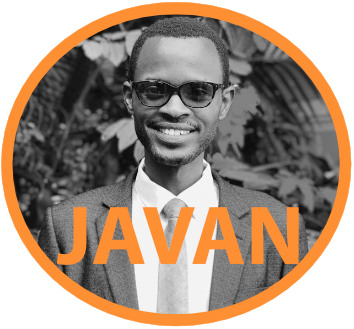
I want to start by quoting the South African singer Lucky Dube, who once said, “Who feels it, knows it, and who knows it, feels it.” It is heartbreaking to describe life during war in my homeland, the Democratic Republic of the Congo, especially in the eastern region. Life during wartime is often unimaginable; sometimes I recall it and realize that we ceased to be fully human in our consciousness.
Imagine walking through the night while shells and bullets whiz overhead, knowing that even a small light could draw enemy fire. Bombs would fall around us, forcing us to drop to the ground and crawl to find safety. We would navigate the bottom of hills to escape shelling, avoiding well-known paths and mountains where fighting was concentrated. Hours would pass as we walked, sleeping for long stretches without covers or shelter. In the chaos of sudden warfare, no one had the chance to gather belongings.
Food became a luxury, as families were forced to flee separately and no one had time to think about supplies. Our first priority was survival, escaping the bombs and bullets aimed at our village. Living this way for years, moving aimlessly within the country as battles erupted everywhere, left us with little hope of crossing borders. People lost their lives in ambushes while searching for food in the fields, taking desperate risks to survive. Even if aid was available, it could rarely reach us due to the ongoing conflict. Schools and businesses closed, and life itself felt hopeless, marked by relentless displacement and warfare.
Parents watched in despair, longing for a miracle but finding none. Young people and children hunted for firewood, often using it to warm their shelters rather than cook. The strain of unmet needs created tension within families. Imagine parents unable to feed their children for days—this suffering deeply affected everyone, turning them into shadows of their former selves. In their desperation, some young people and parents took the risk of returning home to gather food, despite the dangers they faced. Health issues were met with traditional remedies; if those failed, people resorted to prayer, hoping for a miracle. This was life before any hope of crossing borders. The hardships of war affect everyone, young and old alike, overwhelming us all.
That is how I and my community crossed the border to Rwanda in transit camp Nkamira in Western province in Rubavu district in April 2012. At that time, I breathed and felt at peace regardless of what I may encounter in the transit camp. But having gotten a break from shelling ringing in my ears and being in secured place with no further displacements in sight created some peacefulness in me and the others based on their facial expressions. After a short time in transit camp, we shifted to Kigeme Refugee Camp where I am based today with my family, and refugee community. Refugee life is tough and – from a personal experience – it has never been easy with my community, however, nobody wishes to hear bombs and bullets. That is something else. Because within refugee camp there were some opportunities to have some essential means to be able to survive. For example, giving some young refugees free access to education that Rwandans enjoy.
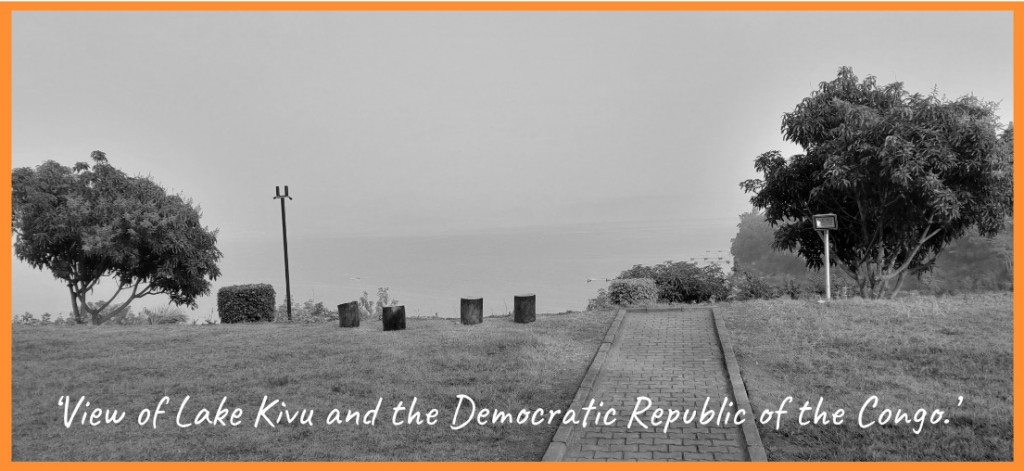
Though, it was not easy for the first promotion of students like me, and others, because of kilometres we would walk to reach a secondary school that taught advanced levels. I can recall, we would walk 18 kilometres back and forth from and to Kigeme refugee camp. However, I with my colleagues felt happy for such a great opportunity regardless of the hunger arising when walking such long distances. We could make stories along the way to tell them back home and compare our present to the dreams arising from our education. And that was what drove us for three years until we completed our secondary school.
I was so motivated and believed in education as the greatest pillar to make a dramatic change for my life and my family. I believe that to be the same driving motivation for everyone based on their commitments to studying. The education is something great that brings up hope and happiness in the life of parents because they see a bright future to come in an exile, and in our possible return if that return happens at any time in the future. If I would have not gotten the opportunity to cross the border to a secure and peaceful country, I would not be able to complete my secondary school and university studies at bachelor level. Security is a profound necessity that should be sought first in a child’s upbringing and the rest follows.
As someone affected by these circumstances, I now live in exile in Rwanda, while many back home still endure this desperate existence. Some remain trapped, longing for a way to escape the violence. Minimal efforts have been made to protect people from displacement on both sides of the conflict, but these measures do not guarantee safety. Local leaders have little influence over the fighting parties; their only advice is for people to flee as far as possible until they find safety.
So, what we desperately need is security, allowing individuals to rebuild their lives and routines. This stability is essential for personal and communal development.
There is a possibility to break the cycle of war and violence by promoting social, economic, and political inclusion in my homeland. Individuals can take steps to ease tensions, but leaders in power must also play a critical role in fostering a better world. If they use their influence to serve and allocate resources fairly, without leaving any community marginalized, we can address our shared humanity and needs. Recognizing this could prevent us from mistreating one another and create the changes we all long for – in my homeland and anywhere else.

